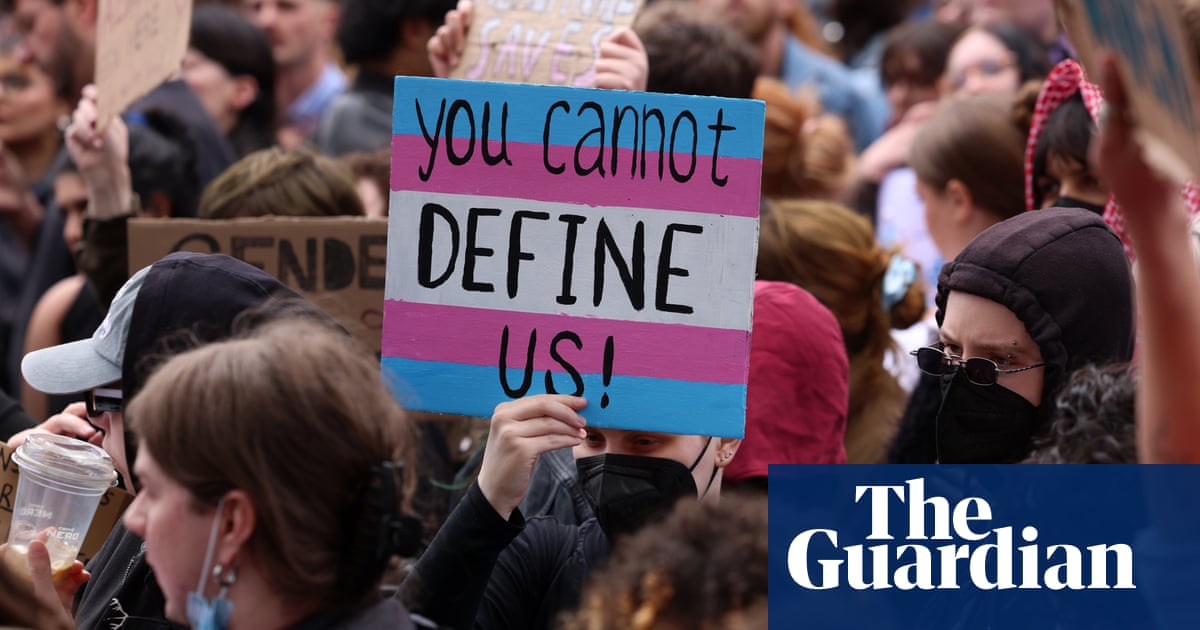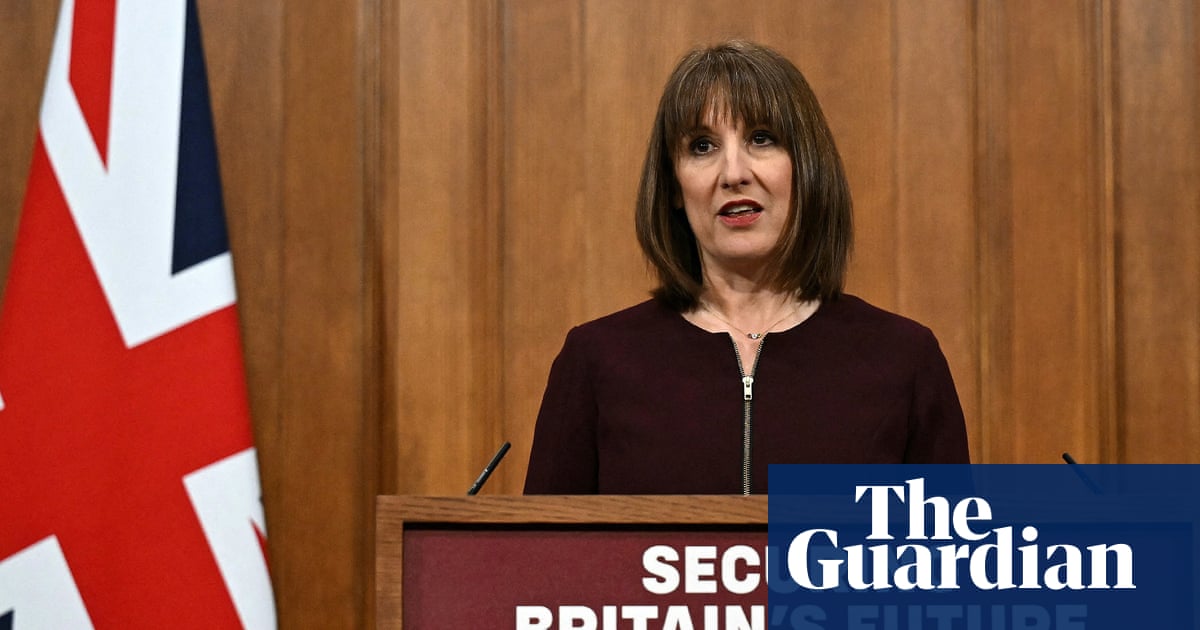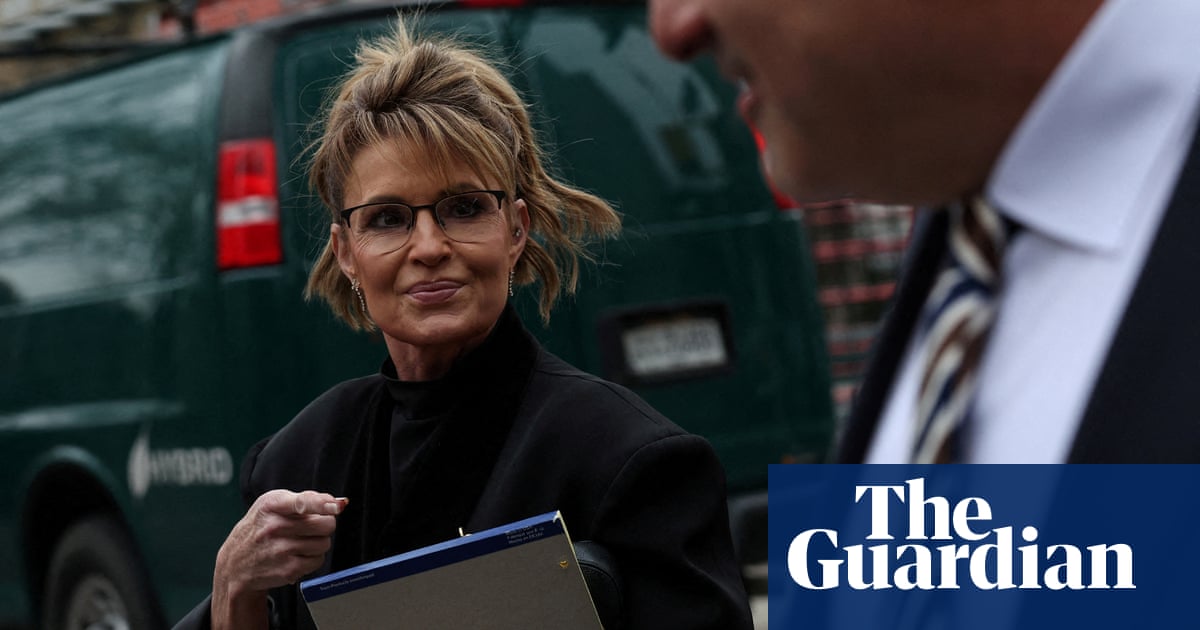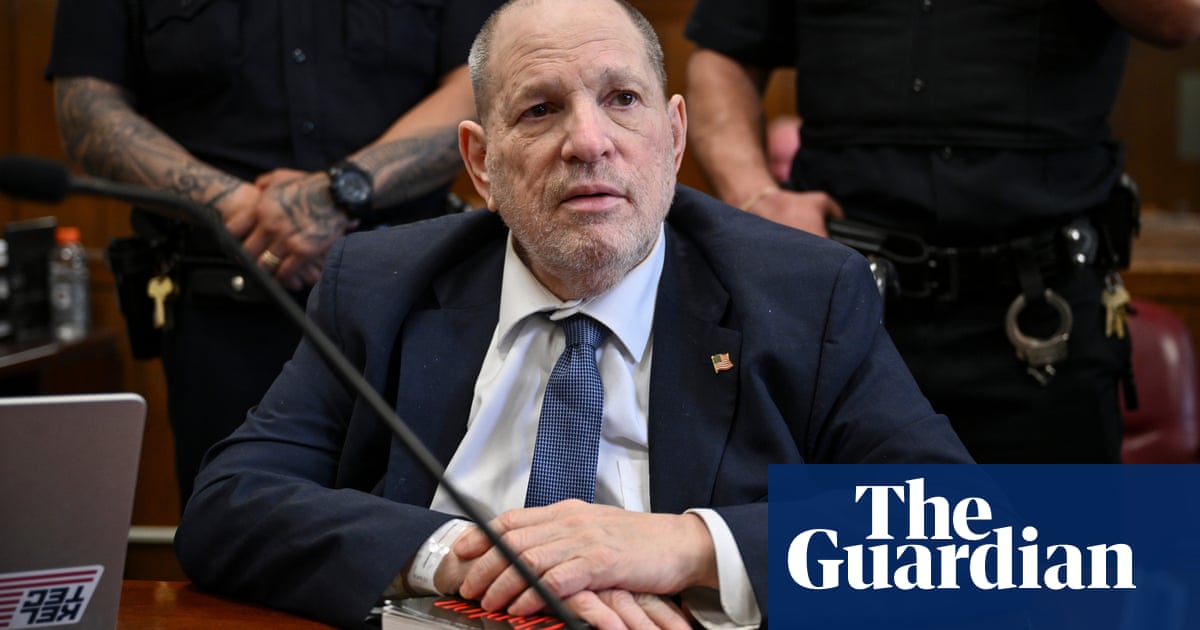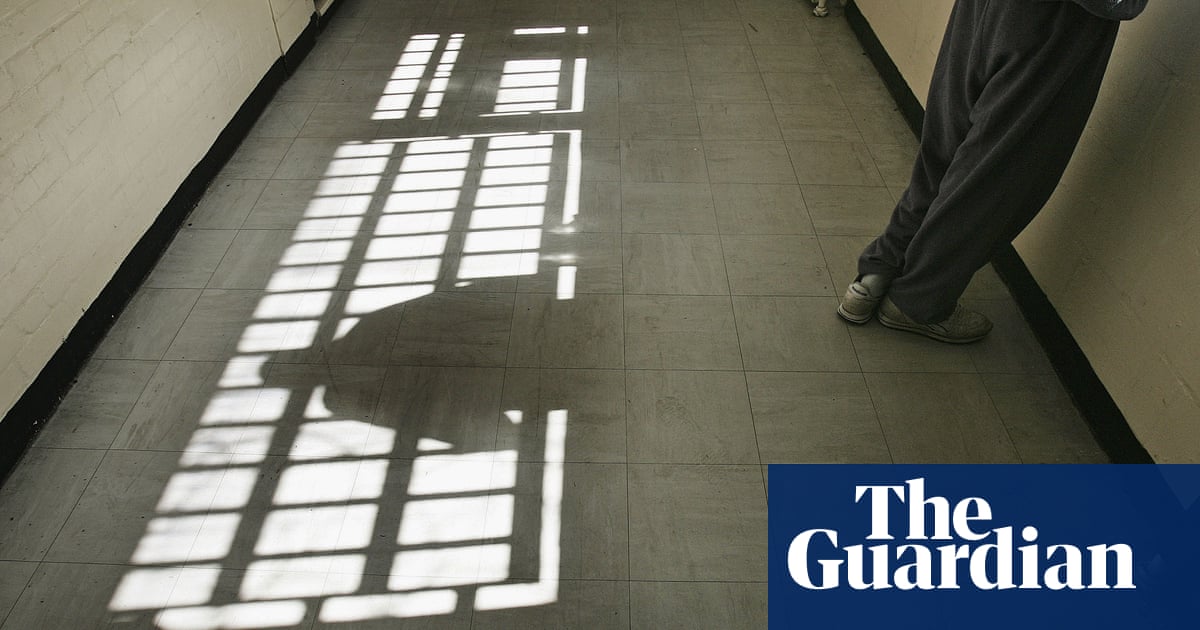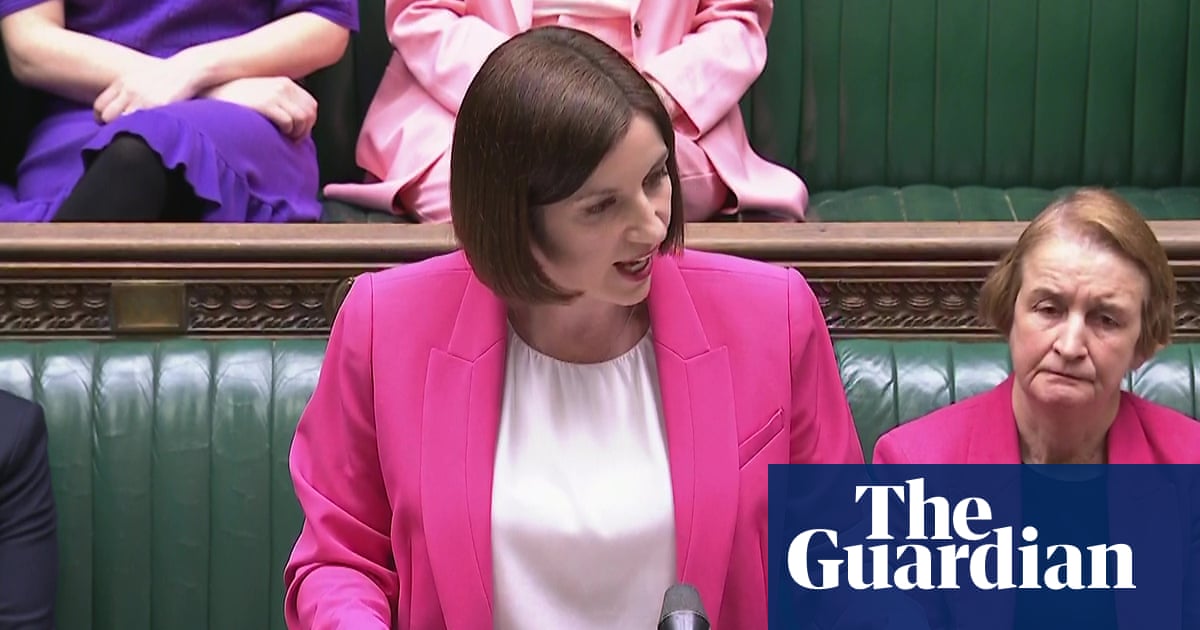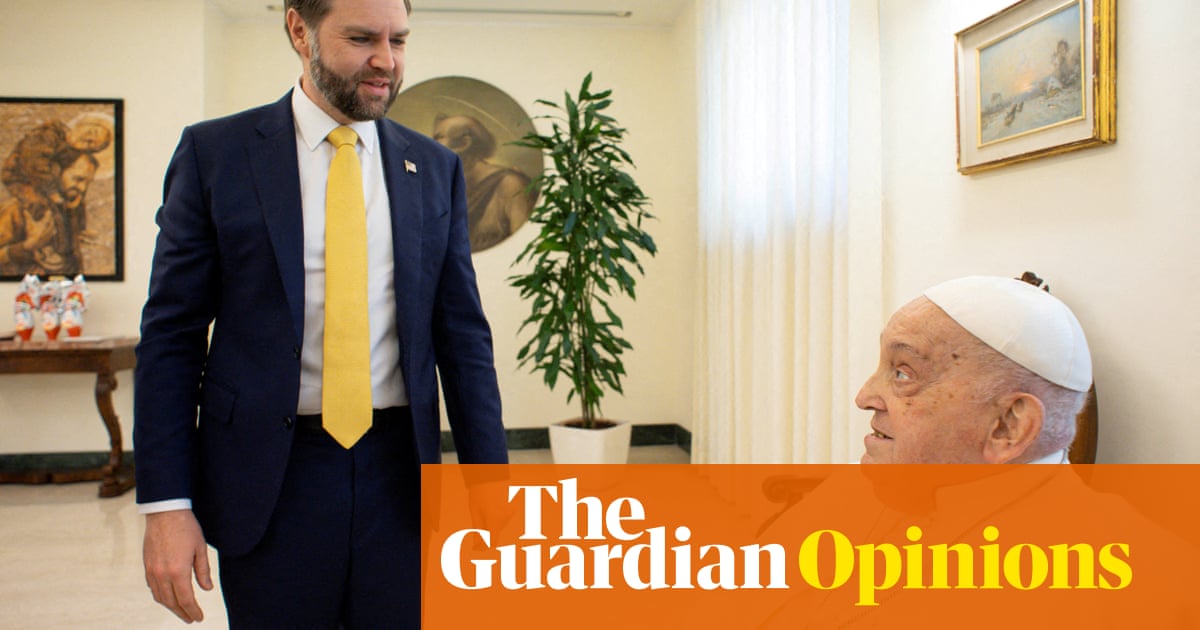“What deeply interests me is the interests of America.”
Howard Lutnick, chairman and CEO of the Wall Street investment bank Cantor Fitzgerald and Donald Trump’s nominee to become the next secretary of commerce, was speaking to an audience of cryptocurrency enthusiasts last April.
“I can’t be bought off. OK? There’s just no possibility someone can come up and say: ‘Hey, I’ll give you a dollar and can you do this, that or the other thing,’” he said. “What interests me is what’s great for America. And the dollar is great for America.”
As senators contemplate Lutnick’s confirmation in coming weeks, they will be asked to allow one of banking’s bitcoin barons to lead an agency with an important role in the cryptocurrency world. The commerce department shapes both domestic economic and international trade policy, and has a “big impacton the crypto industry”, said Tonya M Evans, a law professor at Penn State specializing in fintech and author of Digital Money Demystified. She added that the conflict of interest should bring people pause.
“Ultimately, it’s important that the public’s trust and confidence in our leadership is not undermined by serious conflicts or even the hint of impropriety,” she said. “Trust in government – like crypto – is very low. And the industry has a golden opportunity to recast crypto’s image. Clear, ethical governance is critical, not just for innovation but for the long-term stability of the crypto economy and US economy more broadly.”
Lutnick’s relationship with crypto signals how things may change. The Biden administration has regulated, with the huge fraud of FTX, once one of the world’s largest cryptocurrency exchanges, and the fall of its disgraced founder Sam Bankman-Fried, at the top of their minds.
But Lutnick has established himself as one of the most prominent cheerleaders for crypto in global finance, and one of the industry’s leading advocates for a kind of cryptocurrency called a stablecoin. His firm Cantor Fitzgerald is a banker for the most widely used stablecoin in the world: Tether, which uses blockchain technology to allow people across the world to transfer funds in dollar-denominated units.
“Lutnick’s deep knowledge and experience in the crypto industry is unquestioned, but his deep ties to Tether and vested interest in its success raise real concerns about potential or actual conflicts of interest, especially given Tether’s not only central, but essential role in DeFi,” Evans said, referring to decentralized finance. “As a result, we can expect cryptocurrency skeptics in the Senate, especially those serving on market and banking oversight committees, to aggressively question him during confirmation.”
Tether represents the most-traded cryptocurrency in the world – more so than even bitcoin – and is currently the third-largest cryptocurrency by market capitalization. About $137bn in Tether coins circulate digitally. Tether’s market capitalization grew by 50% last year, Tether reported.
Bitcoin’s value fluctuates wildly, but a unit of Tether, styled as $USDT on cryptocurrency markets, was designed to mitigate that volatility by being pegged to the dollar. Tether claims that every dollar’s-worth of its currency is backed by one dollar of reserves in banks around the world.
Cantor Fitzgerald holds its treasury bills in the United States. Regulators have been after Tether to prove it has the reserves its founder and CEO, the Italian computer scientist Paolo Ardoino, says it does.
Since 2021 Tether has been providing a detailed, publicly available breakdown of its reserve assets, the company said. Those reserves have not yet been subject to a public third-party review. Ardoino said securing an external audit “is still a high priority”.
“Despite the sector’s growth, crypto companies have struggled to gain access to bank accounts and services that traditional financial firms take for granted,” a company spokesperson said. “The lack of global standards and regulations makes audits of cryptocurrency companies a major risk for the Big Four accounting firms, especially since the collapse of FTX.”

The nature and quality of Tether’s reserves has long been a question among its critics.
“It is meant to be collateralized by a variety of relatively liquid assets, and historically, there have been some misrepresentations about the quality of those assets,” said Bennett Tomlin, head of research at Protos Media, an observer and critic of Tether.
“At this point, it seems like Tether has way more assets, and people like Howard Lutnick have been willing to vouch in public for both the quality and quantity of those assets.”
Over the years, Tether has come under fire from federal regulators who have been cracking down on the use of stablecoin in secondary markets to finance terrorism, facilitate cybercrime, money laundering and the sale of precursor chemicals for illicit drug manufacturing.
But as Tether has begun cooperating with federal criminal investigations into illegal activity – and as the interest rate environment has made holding treasuries more financially rewarding – questions about Tether’s holdings began to fade.
A Tether spokesman noted that the company had been helping law enforcement, freezing more than $2bn of assets in concert with 220 law enforcement agencies in 51 jurisdictions.
Lutnick has made no secret of how he has gone to great lengths to shore up Tether, even as rivals have sought to undermine the coin. Bankman-Fried, the imprisoned former billionaire CEO of FTX, tried to catch Tether in a liquidity trap in 2022 by redeeming $10bn in Tether at once, Lutnick told bitcoin investors last year at a conference in Nashville. Because Cantor is one of the US government’s 24 primary dealers of US treasuries, it was able to instantly meet the redemption demand, Lutnick said.
That event, and Lutnick’s endorsement of its holdings last year, seems to have put the market’s questions about Tether’s assets to rest.
“From what I’ve seen – and we did a lot of work – they have the money they say they have,” Lutnick told Bloomberg TV last year.
Cantor Fitzgerald lost two-thirds of its New York workforce in the 9/11 attacks, including Lutnick’s brother. The suggestion that Tether facilitated terrorism left Lutnick outraged, he said.
“We would never, ever be associated with a company that has anything to do with jihad. And it disgusts me,” he said at a bitcoin conference last year. “Tether will seize any amount of coin in illicit activity.”

Lutnick and Trump are longtime friends. Lutnick raised money for Trump’s re-election campaigns in 2020 and 2024. Discussion of Lutnick’s appointment as chief of staff or treasury secretary abounded before Trump announced his nomination to commerce.
As a chairman of the Trump transition team, Lutnick has talked in terms of personal loyalty about ensuring that administration appointees have fully committed to the Trump agenda.
“You can argue all you want and discuss it, but when the boss says this is what we’re going to do, do you have a problem doing what the boss says they’re going to do? You always have two choices. You can quit or you can execute the plan.”
Lutnick intends to hand off control of a special purpose investment company at Cantor Fitzgerald to his 26-year-old son Brandon, who has been working at Tether.
“The incoming administration is not particularly concerned with conflicts of interest,” Tomlin said. “In many cases I seem to feel that the conflicts of interest are almost a prerequisite … Handing the business off to your son feels like a less than satisfactory way to make sure you are disconnected from the way your executive decisions affect that business.”
As secretary of commerce, Lutnick would be in charge of executing Trump’s agenda on tariffs. He argued that tariffs are a bargaining chip to attack protectionist trade policies in Europe and Asia. But the commerce department also has a regulatory role in the cryptocurrency business that may put Tether and other stablecoins at a competitive disadvantage if the federal government issues its own digital currency.
Joe Biden had issued an executive order in March 2022 that began an exploratory process to issue digital dollars, a central bank digital currency.
Lutnick argues that a formal government digital currency created by the US government would be banned in many countries as an avenue for espionage or for directly undercutting the local currency. But the current alternative is an opaque private company owned by foreign investors without direct responsibility to or oversight from any American government entity.

Notably, Tether announced plans to move its headquarters to El Salvador on Monday. El Salvador has embraced cryptocurrency as a competitive advantage, moving its own economy and currency into crypto.
Last year, Senators Kirsten Gillibrandand Cynthia Lummis drafted the Lummis-Gillibrand Payment Stablecoin Act of 2024, which would regulate stablecoins.
State agencies would regulate stablecoins with less than $10bn in assets, while larger offerings – like Tether, and its rival Circle – would be regulated by the office of the comptroller of the currency under the treasury department. It would require stablecoins to hold reserve assets on a one-to-one cash or cash-equivalent basis, mandate redemptions on demand and would mandate monthly reporting of assets.
That bill did not advance last year.
Lutnick said he believed dollar-denominated stablecoins extend American influence, and was concerned that regulation in Europe and elsewhere would limit the expansion of Tether and other dollar cryptocurrencies.
“If a dollar-based stablecoin was backed by the euro, then they should go to hell,” he said. “How does that help us?”

.png) 2 months ago
26
2 months ago
26
